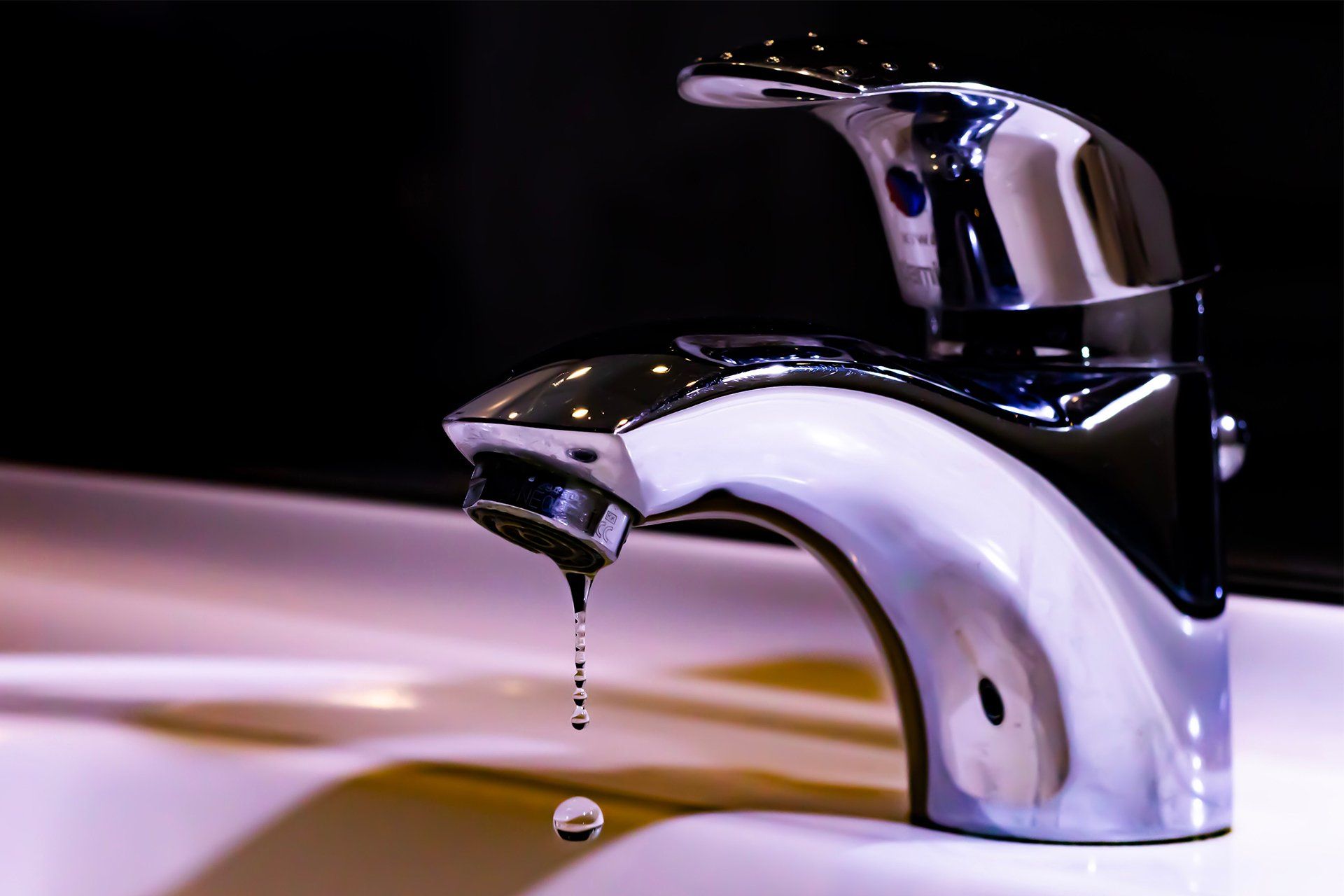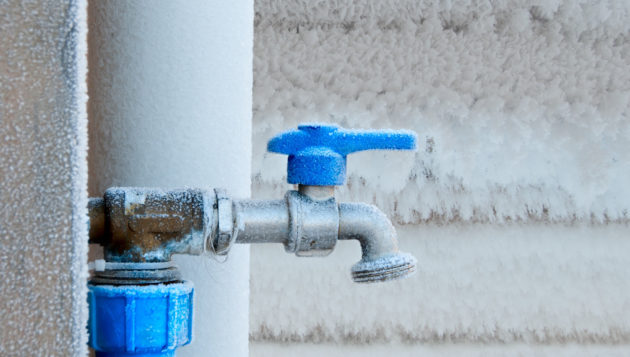How to Winterize Your Plumbing: Five Hacks to Prevent Bursting Pipes in Frigid Temperatures
How to Winterize Your Plumbing: Five Hacks to Prevent Bursting Pipes in Frigid Temperatures
Blog Article
Have you been interested in related information on Winterizing Your Pipes?

All homeowners that live in temperate climates have to do their best to winterize their pipelines. It is something you need to do throughout fall prior to deep winter absolutely starts. Failure to do so can lead to catastrophe like icy, split, or burst pipelines. Right here are some useful winterizing hacks to keep your plumbing system protected even if the weather condition outside is frightful.
Try a Hair Clothes Dryer or Heat Gun
When your pipes are almost freezing, your dependable hair dryer or warm weapon is a godsend. Bowling warm air directly right into them may aid if the warm towels do not assist dislodge any settling ice in your pipes. Do not utilize other objects that generate straight flames like an impact torch. This can lead to a larger calamity that you can not manage. You may end up damaging your pipes while attempting to melt the ice. And in the future, you may even wind up shedding your residence. So be cautious!
Open Closet Doors Hiding Plumbing
When it's cold outside, it would be practical to open up closet doors that are concealing your pipes. Doing this small technique can maintain your pipes warm and limit the potentially unsafe outcomes of freezing temperature levels.
Take Some Time to Wrap Exposed Piping
One nifty as well as simple hack to heat up freezing pipes is to cover them with cozy towels. You can also utilize pre-soaked towels in warm water, just do not forget to put on protective handwear covers to guard your hands from the heat.
Turn On the Faucets
When the temperature decreases and also it seems as if the icy temperature level will last, it will certainly help to turn on your water both inside your home as well as outdoors. This will keep the water moving through your plumbing systems. On top of that, the motion will decrease the freezing procedure. Significantly, there's no requirement to turn it on full force. You'll end up throwing away gallons of water this way. Rather, go for regarding 5 declines per min.
Shut Off Water When Pipes are Frozen
Shut off the primary water valve right away if you discover that your pipes are completely frozen or nearly nearing that phase. You will generally locate this in your basement or laundry room near the heating unit or the front wall surface closest to the street. Transform it off immediately to prevent additional damages.
With even more water, even more ice will certainly load up, which will ultimately lead to rupture pipelines. If you are uncertain about the state of your pipelines this wintertime, it is best to call a professional plumber for an evaluation.
All homeowners that live in warm environments need to do their finest to winterize their pipes. Failure to do so can lead to calamity like frozen, broken, or burst pipelines. If the hot towels do not help remove any kind of resolving ice in your pipelines, bowling hot air directly right into them may help. Turn off the major water shutoff promptly if you see that your pipes are totally frozen or almost nearing that stage. With more water, more ice will stack up, which will eventually lead to rupture pipes.
PREVENT YOUR PIPES FROM FREEZING THIS WINTER
A Leading Cause of Property Damage
When the weather is taking a deep nose dive into the cold dreary days, the risk of your pipes freezing and potentially bursting skyrockets. Unfortunately, during these cold dreary months, burst pipes are the most common denominator for property damage. The pipes that are most at the risk are those that are in areas where it is most cold in your home. For instance, pipes located in interior places such as basements, attics, and your garage. Unfortunately, that doesn’t mean that the pipes running through your cabinets or exterior walls can’t freeze. Good news, however, is that you can do things to help prevent pipes from freezing.
How to Prevent Pipes From Freezing
Once the temperature starts to drop during the winter, you should be taking the proper measures needed to ensure that your pipes stay warm and that there is circulation of water through them. Some steps that experts may recommend could go against your better judgement when it comes to saving water and heat. However, it would go without saying that when expenses are compared, damaged pipes could put a bigger dent in your wallet than a water bill.
What Can I Do?
Keep your garage door closed. This is very important, especially if you have water supply lines running through your garage. Open your kitchen and bathroom cabinets to allow warm air to circulate through them. Allow air circulation throughout your home. Keeping the interior doors open will once again allow the warm air to circulate inside your home. Ensure your thermostat is running the same temperature throughout the night and day. If you plan to be away from home during the cold months, set your temperature no lower than 55° F. This should provide enough heat to keep the pipes warm and prevent any remaining water inside the pipes from freezing. For more of a long-term solution, add insulation to attics, basement, and other crawl spaces around your home. By allowing your faucet to drip, it will alleviate pressure in the system. This is important because the pressure that is created between the blockage and the faucet can potentially cause the pipes to burst. Allowing the faucet to drip will prevent the pressure from building up, therefore keeping the pipes from bursting. Seal any cracks, openings, and crawl spaces around your home to prevent cold air from coming inside. This keeps your pipes-not to mention your home-warmer and less susceptible to issues caused by freezing temperatures. For the pipes in your home that are easily accessible, applying electrical tape to them might prevent them from freezing over. This is a quick fix, as you can apply the tape directly to the pipe. There are two options for heating tapes. One turns on and off by itself when it senses heat is needed. The other type of heating tape needs to be applied when heat is needed and removed when not necessary. If you have exposed pipes in your home, you can check this website to take a look at a few options that would be available at a shop near you.

I ran across that post on How to Prevent Frozen Pipes when doing a search on the web. Those who liked our article if you please do not forget to pass it around. We value reading our article about Winterizing Your Pipes.
Schedule Appointment Report this page